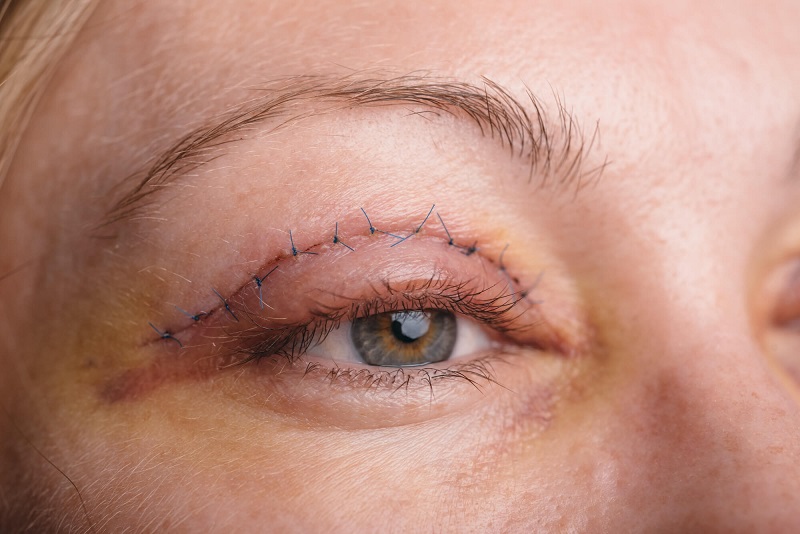Many people are worried about how long it would take them to recuperate from blepharoplasty or surgery on the eyelids. Thankfully, an eyelid lift has a short recovery; most patients may return to work in a few days. Here, we will go over how-to-treat-after-double-eyelid-surgery (หลัง ทํา ตา สอง ชั้น, which is the term in Thai) and ways to speed up your recovery. It will enable you to get the finest results from your eyelid surgery.
Knowing The Recovery Process Following Eyelid Surgery
It’s critical to understand the recuperation period if you recently underwent eyelid surgery or are thinking about doing so. You will first see little surgical incisions on your eyelids after surgery. You must handle these carefully. You can have a lot of tenderness, tightness, and soreness in the area surrounding your eyes.
You can notice a few visual alterations after the procedure. They might rip or dry up, feel a little sticky, or even start to itch. Additionally, your eyes may appear more sensitive than usual. These symptoms are entirely normal aspects of the healing process. Additionally, if your peripheral vision seems a little fuzzy for a few days following the treatment, stay calm. You might experience some mild discomfort and agony but do not worry—your doctor will give you the right prescriptions to eliminate any irritation.
Keeping the area around your eyes clean throughout this period is crucial. Rubbing your eyes is never a good idea. Follow your surgeon’s instructions on how to always clean and care for your eyes properly.
You will see some edoema and discoloration around your eyes after surgery. This bruise only lasts a few days and is just transitory. The stitches on your eyelids are intended to fall out naturally, usually three to five days following the procedure.
How To Get Ready For An Eyelid Operation
For a minimum of two weeks before surgery, you must refrain from taking any medications, including aspirin, as there is a higher potential of bleeding afterward and during the procedure. Smokers must abstain from smoking for not less than four weeks before and after surgery. Cigarettes can cause severe scarring and are linked to a higher risk of wound complications.
For no fewer than two weeks before surgery, patients should limit their time spent in the sun and apply sunscreen with at least an SPF 30. It would be excellent if you tried to get your antibiotic and painkiller medications before the procedure. Clear drinks may be ingested a maximum of two hours preceding surgery. Still, food must be avoided for at least six hours before the procedures.

